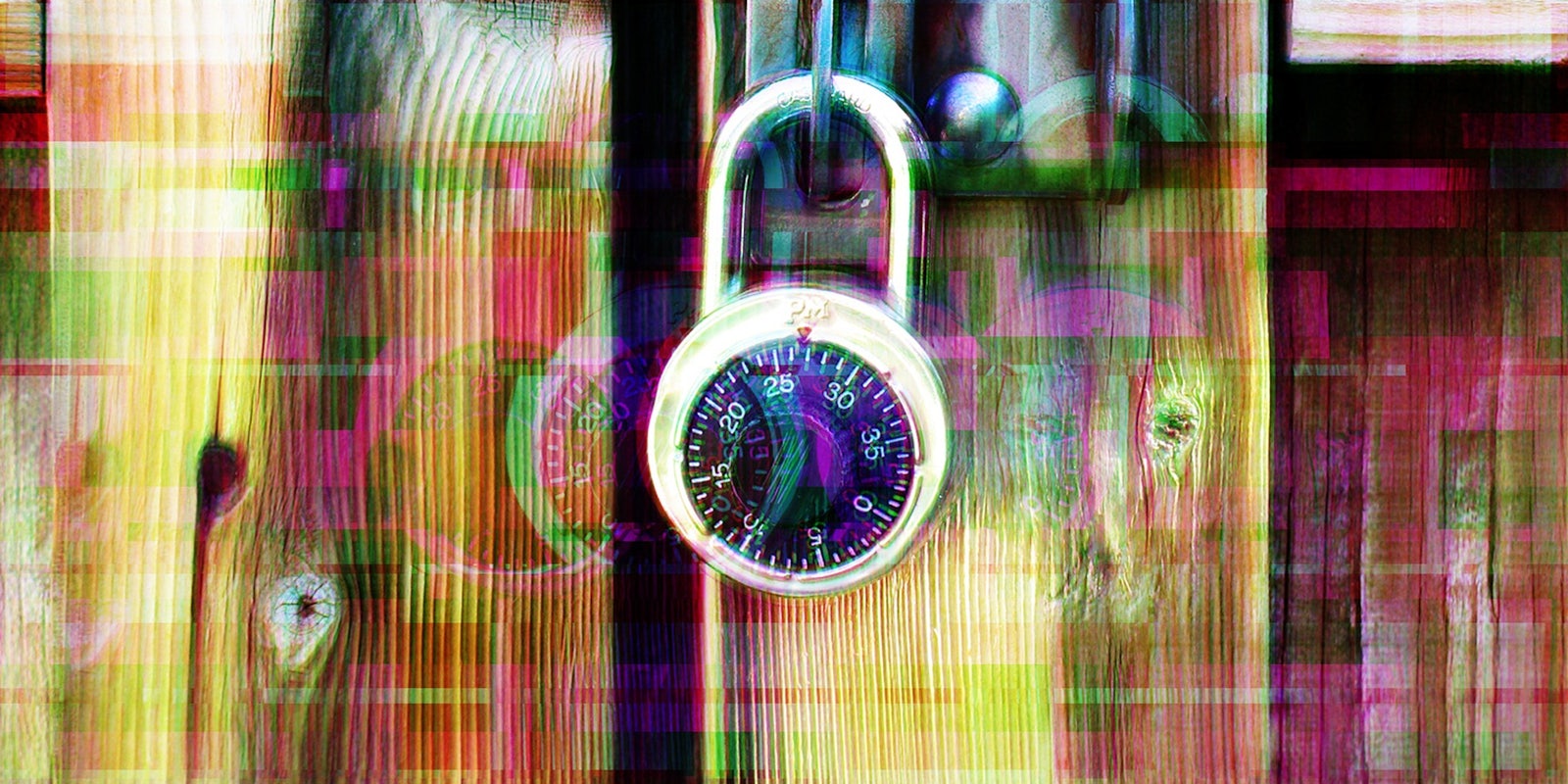Americans overwhelmingly support strong encryption and oppose attempts to weaken it for law-enforcement purposes, according to a new poll that is sure to provide fodder in the ongoing encryption debate.
The survey of 1,250 American voters conducted by ACT | The App Association, a trade group representing mobile app-makers, found that 94 percent of respondents thought that consumers should be able to use “the strongest safeguards available to protect their personal information and security.”
More than lf (54 percent) of people said that they trusted technology companies more than the federal government to keep their data safe from hackers.
In addition, 92 percent of people agreed that encryption was necessary in order to “ensure that data on my devices and the information that we share with others is secure and protected.”
The poll bolsters the side of technologists and security engineers as they face off with law-enforcement officials in a decades-old dispute: whether technology companies should be forced to design their encryption so they can bypass it to give user data to investigators.
Silicon Valley companies like Apple have butted heads with law-enforcement and intelligence agencies for years over encrypted devices and services that police and spies say make their jobs harder. This phenomenon, which FBI Director James Comey and others call “going dark,” has gained attention as terrorist attacks and mass shootings have prompted calls for greater surveillance powers.
As part of this latest phase of the long-running “crypto wars,” the FBI and other agencies are pushing for a requirement that tech companies be able to comply with warrants targeting encrypted user data. Security experts say that the only way to do this is to build a “backdoor” in commercial encryption, which, they say, would dramatically weaken everyone’s digital security.
A recently introduced Senate bill would institute this requirement, and experts say that it would effectively outlaw unbreakable digital security features like the end-to-end encryption in Apple’s iOS operating system.
Contrary to assertions by leading law-enforcement officials, technologists argue that encryption actually prevents crimes—albeit less violent ones than terrorism—by protecting data from theft and averting cyberattacks.
The ACT poll found that 85 percent of respondents agreed with the notion that “digital encryption and security features help prevent crime and terrorism” and “keep people from disrupting critical infrastructure like our financial system or our air-traffic-control system.”
Even more relevant to the crypto wars is the fact that 88 percent of respondents agreed that a tool that could decrypt data on any device “could be misused in a way that makes all of our personal data more vulnerable.”


